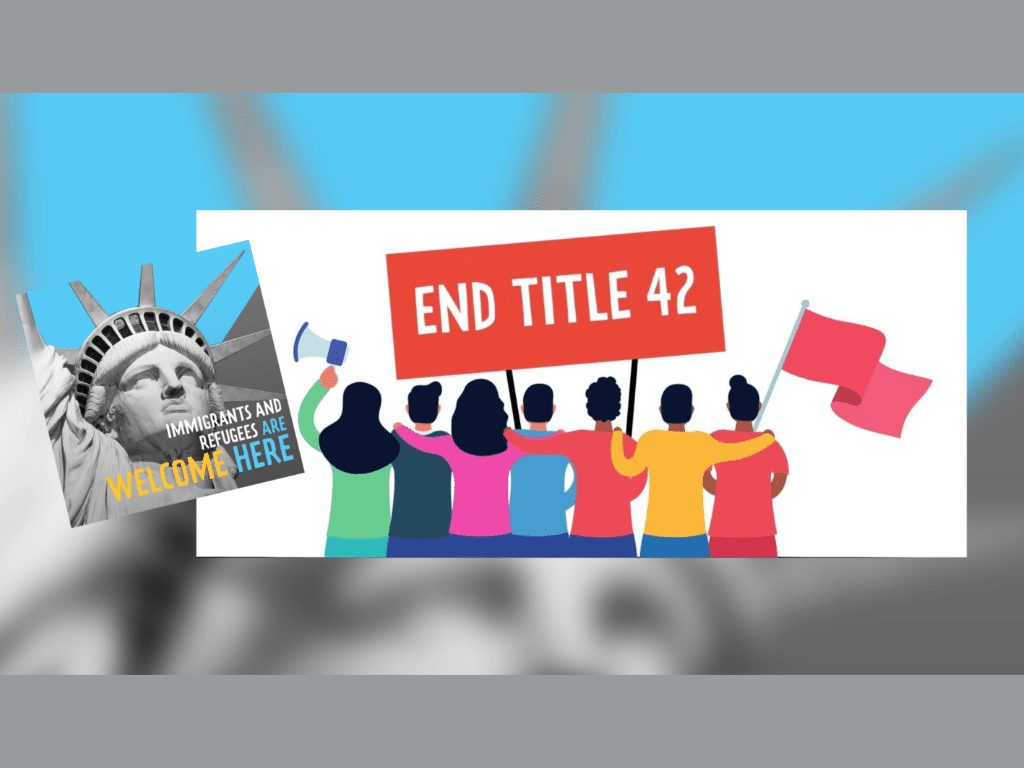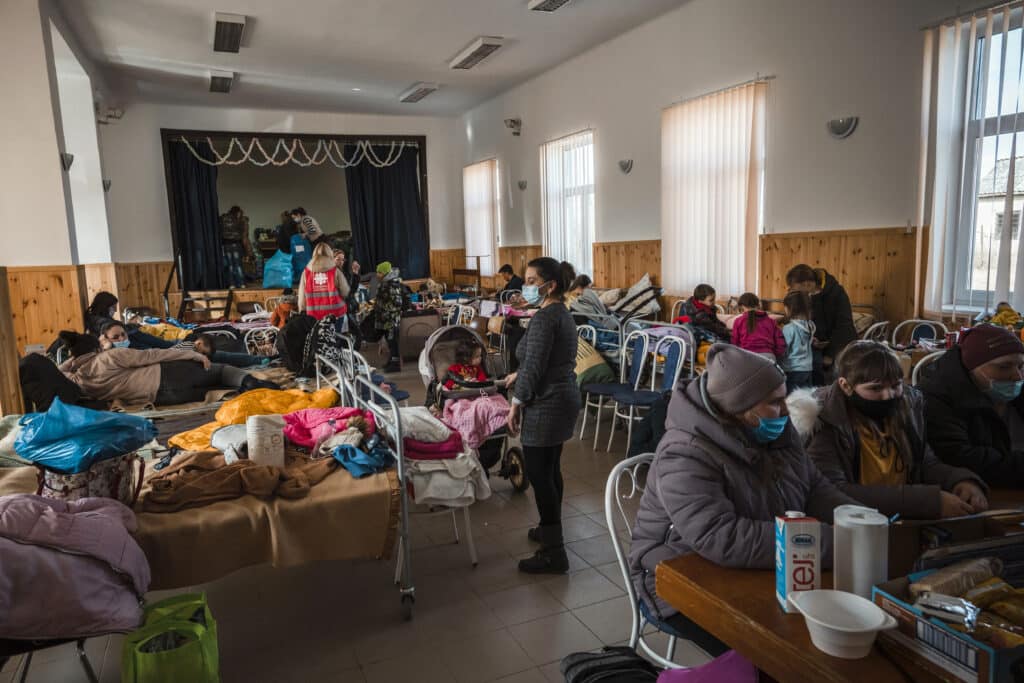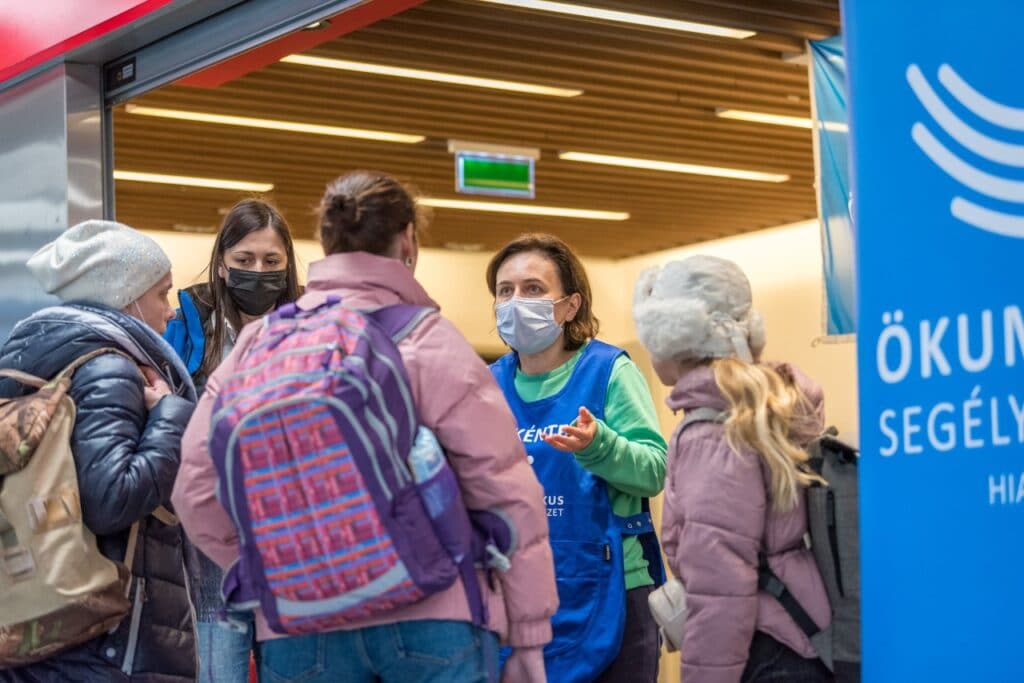Counting the Safe Space Milestones in Kenya
By Marie Ramtu, original post here
It’s been exactly two years since the Safe Space Program was initiated in Kenya. Around the globe, gender and sexual orientation non-conforming persons continue to be persecuted, enduring both physical and psychological harm. In spite of legislation in some countries to protect individuals, many still are forced to flee communities and their homes.
Within Africa, several political leaders on the continent have publicly made homophobic statements and called for the passing of more harsh laws. This is in an environment where homosexuality is already criminalized widely.
It is believed that the passing of the now overturned Anti-Homosexuality Act in Uganda led to about 400 LGBT (lesbian, gay, bisexual and transgender) persons seeking asylum in Kenya in March of 2014. Not only did this raise the relative profile of the LGBT community in Kenya, but it also changed the dynamism of the operational environment.
The Safe Space Program was initiated in March 2014 to promote inclusivity of LGBT forced migrants in communities of faith. The program sought to increase awareness of the protection risks that face LGBT forced migrants. The program seeks to enhance welcoming actions by faith groups to ensure access to essential services and rights, including the right to practice faith safely.
The events that unfolded in Uganda, while still fresh in people’s minds, provided an entry point to early program dialogues. Moreover, they provided a reference during the sensitization and awareness sessions.
CWS Safe Space activities in Kenya have been largely centered on Nairobi. Similarly, many of the faith leaders who have been part of the community sensitization and dialogue sessions are from communities in and around Nairobi. Through individual outreach, CWS has been able to continually grow our own access to communities in the greater Nairobi area. In 2015, a total of 397 participants attended 12 sensitization sessions. These participants were largely drawn from local grassroots churches. CWS has also undertaken similar activities in South Africa, mainly in Johannesburg, Pretoria and Cape Town, and has supported refugee-led community dialogue activities in the U.S.
In Kenya, dialogues have provided a platform for faith leaders to hear from LGBT civil societies and LGBT forced migrants. In turn, LGBT civil societies have an opportunity to identify and engage in collaborative actions with faith leaders. The personal interaction between faith leaders, LGBT civil society advocates and LGBT forced migrants has been critical, creating cohesion and collaboration amongst stakeholders. Most importantly, it has provided the opportunity to learn and understand each other’s perspective. In August of 2014, one such dialogue session reached 117 participants from faith communities and LGBT civil society groups as well as immigrant communities.
Surveying the work of the past two years, there is still the remarkable feeling that the program could have seen any number of different reactions from communities across Kenya and South Africa. From the beginning, it was difficult to gauge the reception that the program would receive. For those colleagues working with the program, there have been moments of joy, but also very trying times as difficult conversations were at the heart of the mission. Most importantly, there have been many lessons learned that have helped to shape the growth of the program both in the number of persons reached and the diversity of the activities provided. This progress could not have been achieved without the efforts of the individuals and organizations that have been and continue to be a part of the Safe Space Program.
In all, we are heartened to read the following quotes from participants and look forward to a promising year ahead.
“I loved the real life stories of what the LGBTI individuals undergo and this motivated me to love, understand and treat them as my sisters and brothers.”
“I disagreed with the teaching at the start of the sessions, but at the end of the sessions I understood that LGBTI individuals are just like us and they are human beings. They have the right to enjoy life. I liked the training.”
CWS Safe Space activities in Kenya, South Africa and the US have been supported by a grant from the Arcus Foundation. If you are interested in the Safe Space Program, please write to safespace@cwsafrica.org.
Marie Ramtu is the Safe Space Program Manager with CWS Africa.
Related News
Religious advocates applaud as court rules against policy that blocked asylum seekers
A federal court has overruled a policy that the U.S. has used to turn back hundreds of...
Read MoreUkraine, Haiti, Afghanistan Anniversaries
All these anniversaries were marked during the last two weeks of August 2022. the six-month...
Read MoreUCC appeal helps provide safe spaces for Ukraine women and children
Most refugees from the war in Ukraine are women with children whose husbands and fathers were...
Read More


